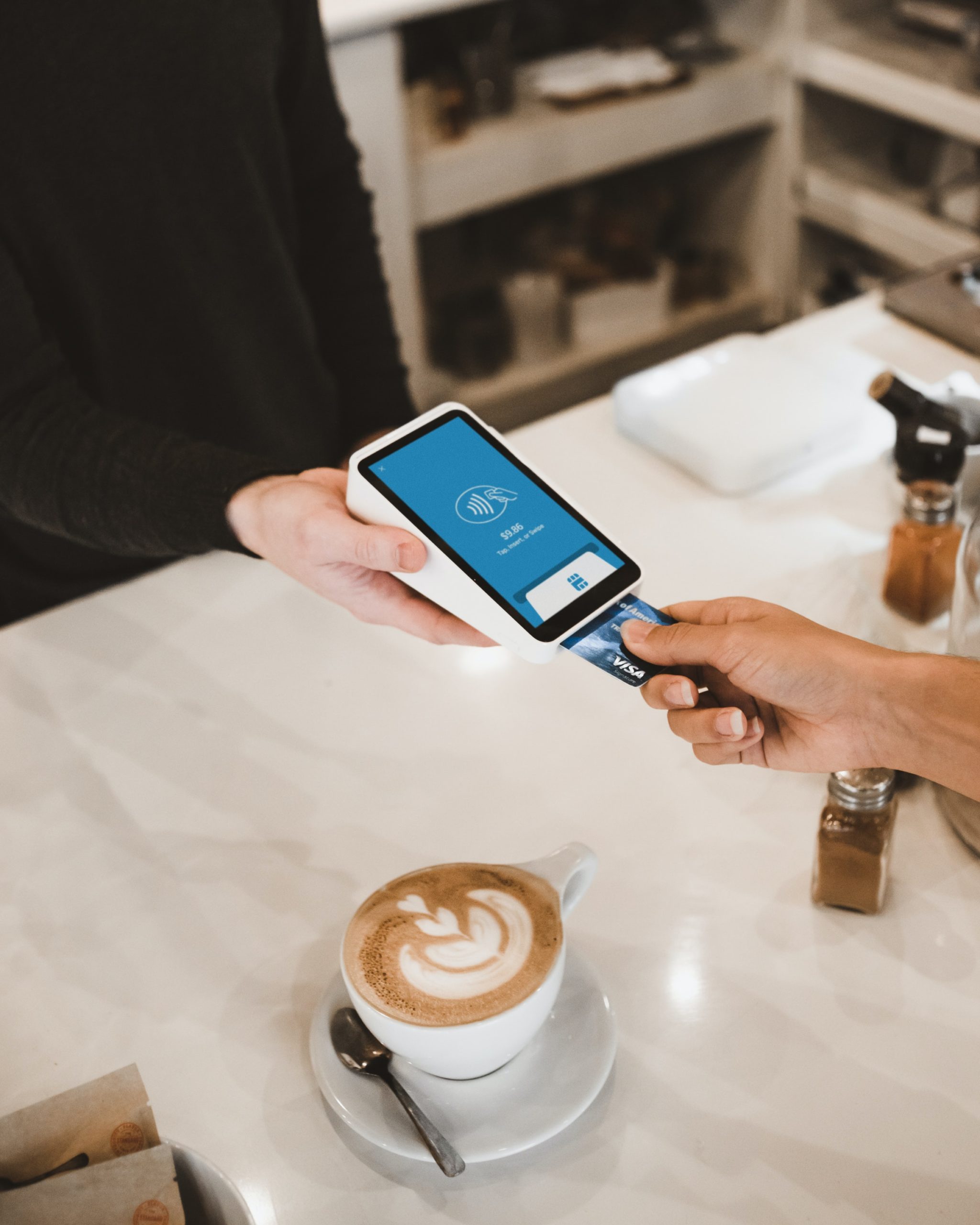Credit cards seem to be everywhere. It seems like every time you flip on the TV, there is an advertisement for some type of credit card with travel rewards or cash-back. Every time you go to the grocery store, the cashier will ask if you’re paying with cash or card. According to a survey consumer payment choice by the Federal Reserve Bank of Atlanta, “79 percent of consumers reported that they had a credit or charge card” and “[the] median number of credit cards owned by credit card adopters was three.”
If credit cards are everywhere, what are they?
Card cards are a form of electronic payment that allow you to buy something now and pay later. In practice, this is very simple. When you get to the grocery store cashier, you hand them a plastic (or sometimes metal) card instead of cash or a personal check. You use the credit card to pay for that transaction, and pay the credit card company later.
Credit cards are sometimes referred to as “lines of credit.” This means that you have permission from the credit card company to spend up to a certain amount of money, called your “credit limit.” You cannot spend above that limit and your card will be declined if you try to spend more money than the credit card company allows.
Later that month, you will receive a statement from your credit card company telling you how much you spent that month. You have until the payment date (usually 30 days after the statement period ends) to make a minimum payment on your account. Basically, a credit card gives you the ability to spend someone else’s money – in this case, the credit card company’s money – and pay them back later.
Credit cards have a lot of benefits. Accordingly, most credit cards also come with an annual fee regardless of how much you spend and whether you carry a balance.
What happens if I don’t pay my credit card bill?
If you do not pay off the full amount owed – also called a balance – on your credit card bill, that amount will roll over to the next month. But remember, you already spent someone else’s money with the expectation that you would pay them back quickly. Now that you didn’t pay the full amount, your credit card company will charge you interest on that balance at a high rate. Right now, credit interest rates average roughly 19% on an annual basis for new credit card accounts.
If you do not make the minimum payment or miss a payment entirely, you will likely trigger a penalty interest rate – also called a penalty APR. This dramatically increases your interest payments. In addition, missing a credit card payment has a negative impact on your credit score.
It is hard to overstate this: carrying a credit card balance is bad for your financial health. It will limit your ability to take out loans, mortgages, or new credit cards. The amount of money owed can add up very quickly. According to a recent survey by Policygenius, 24% of adults said that accumulating credit card debt was their biggest financial regret of the past decade.



